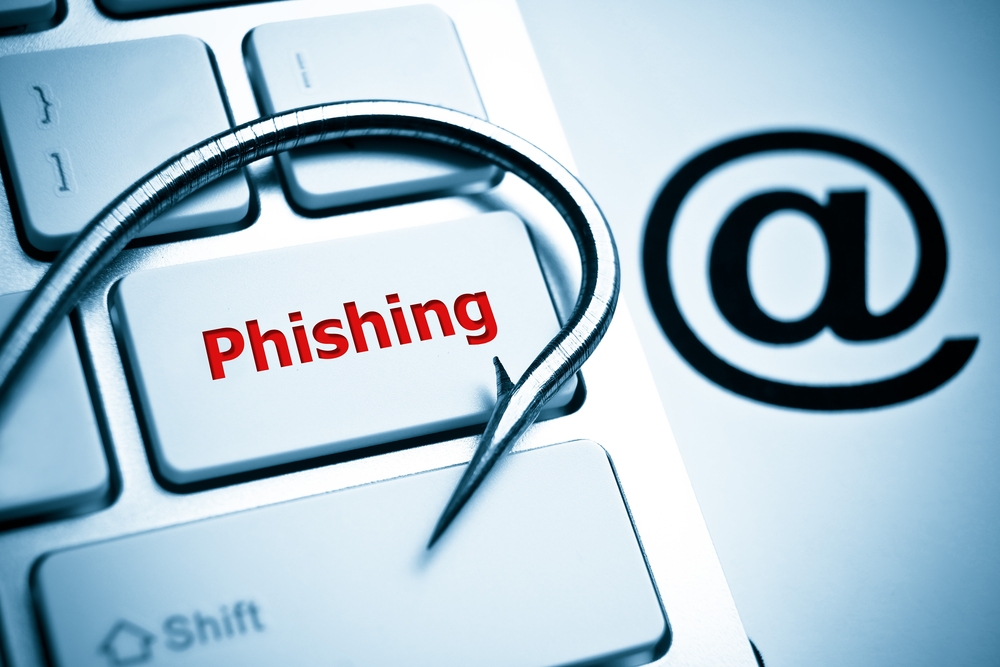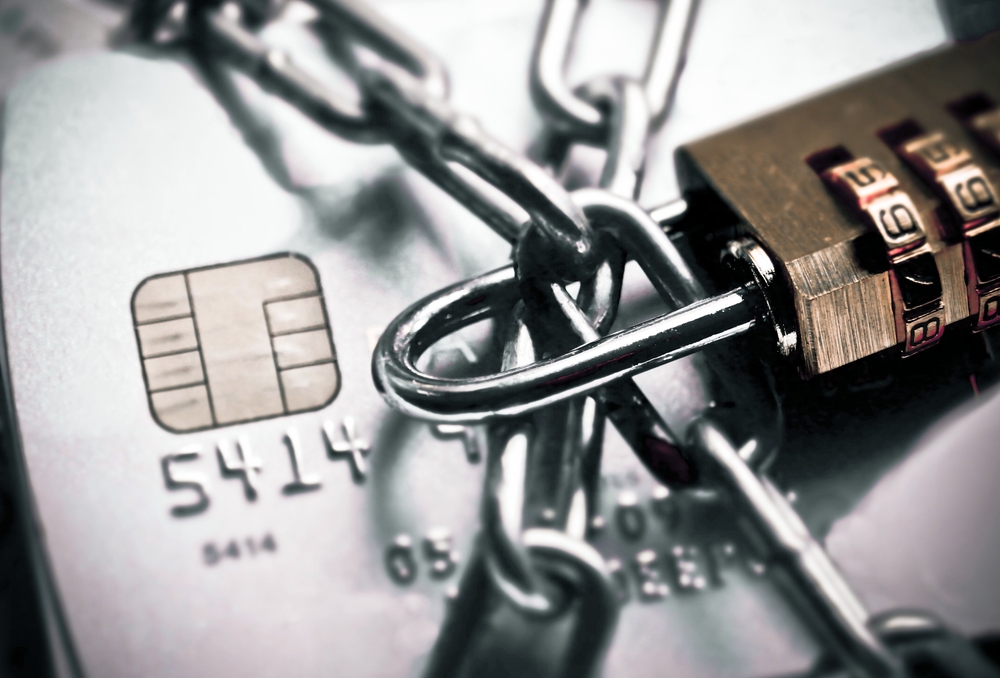The holiday shopping season gets underway shortly, and whetheryou're buying online or in a traditional brick and mortar store,your identity could be at risk.
|"People are starting to holiday shop and are putting informationout there more frequently," explains Paige Schaffer, president andCOO of Generali Global Assistance's identity and digital protection services globalunit. "People are also more comfortable with online shoppingand offers from retailers are more compelling online, saving youfrom going out at 3 a.m. on Black Friday."
|According to Javelin's "2016 Identity Fraud Study," fraudsters stolethe identities of 13.1 million victims in 2015 and used them tomake $15 billion in fraudulent expenditures. In addition, 18percent of the fraud using U.S. credit cards took place outside ofthe country, costing $2.4 billion.
|In its "Identity Fraud Prevention Playbook," LexisNexisRisk Solutions says that identities have become more accessible forfraudsters, who can purchase personally identifiable informationsuch as names, social security numbers, addresses and birthdates,as well as birth certificates, passports and social security cards.Now, instead of stealing an entire identity, fraudsters willestablish a new one using these stolen pieces of information, whichmakes them harder to track, but still able to do untold damage tothe victim's credit profile.
|Financial fraud can occur in several ways. A thief can open anew account in the stolen identity and then default on any paymentsor the individual will just assume an existing identity and makeunauthorized purchases on a victim's account. While the new chiptechnology in credit cards make them harder to duplicate, stealingsomeone's identity provides a bigger payoff for a thief and isharder to detect. The 2015 "Debit Card Fraud Benchmark Study" fromAuriemma Consulting Group found a 113 percent increase in newaccount fraud, which is a factor in 20 percent of all fraudlosses.
|As consumers become more comfortable buying online, ForresterResearch predicts that e-commerce sales could top $500 billion by2020, moving more fraudulent transactions from traditionalretailers to online merchants. Frequently, scams perpetrated bylocal thieves end up sending information to overseas fraudsters."Those who take the information may not victimize people in theend," said Schaffer. "It's usually another group."
|There are a number of activities consumers engage in on aregular basis that can lead to information being compromised.
|Schaffer has several recommendations for keeping your identityand credit card information safe when shopping, surfing theinternet or traveling:
|
Clicking the wrong link or visiting a fake website canexpose personally identifiable information to hackers. (Photo:Shutterstock)
|1. Avoid phishing
"Phishing is a key component around the holidays," saidSchaffer. Beware of opening emails from unknown sources or clickingon links embedded in emails. "This doesn't mean you shouldn'tpurchase from vendors online," she said, "just make sure it's alegitimate site."
|If you get emails from vendors you traditionally shop with,Schaffer recommends opening a new window on your computer and goingdirectly to the company's website. "The email could be legitimate,but it's better to go to the site."
|When purchasing online, always look for the little padlock inthe address which shows whether or not the website is secured toprotect payments.
|Also make sure to only shop on secure networks and avoid public,unsecured networks in hotels, coffee shops or airports wheresomeone could hack in and access your credit card information.Avoid accessing your financial information or any other accountsthat require a password on public Wi-Fi.
|Related: 5 tips to avoid the dangers of publicWi-Fi
|
Increased credit card use during the holidays providesfraudsters with more opportunities to capture person information.(Photo: iStock)
|2. Beware of card skimming
You pull up to the gas station, take out your credit card anddon't think twice about it. However, credit card skimming seems tobe more prevalent around the holidays. "Look to make sure there isonly one slot or that there isn't a piece of machinery around theslot to capture the information," cautioned Schaffer.
|Thieves can attach a tiny strip of film to a card reader anddownload the information located inside the card's magnetic stripto create a duplicate card.
|Also be sure to monitor credit card statements and bank accountsto ensure there are no unauthorized purchases. Frequently, thieveswill make a small purchase to see if it can go undetected beforemoving to a larger one.
|Related: Credit card theft tops list of crimesAmericans face, Gallup finds
|
Travelers should protect their boarding passes and hotel keycards because of the information embedded in them that could allowcyber thieves to access personal data. (Photo:Shutterstock)
|3. Take care while traveling
Lots of people travel during the holiday season. What they maynot realize is that their boarding passes contain personalinformation. Don't toss yours in the hoteltrashcan — take it home and shred it to protectyour information.
|The same is true for electronic hotel keys, which frequentlycontain personal identifiable information, including credit cardinformation. Also make sure to lock up important documents such aspassports and credit cards so they cannot be accessed orstolen.
|Women should avoid carrying backpack purses with an easy-openzipper. What provides easy access for you also makes it possiblefor thieves to quickly steal your wallet, cellphone or otheritems.
|Men should avoid keeping their wallets in their back pantspocket because that makes it an easy target for pickpockets.
|When accessing an automatic teller machine, make sure thatpeople can't see your information or password and be careful not toflash large amounts of cash around.
|Skimming can also be a problem when traveling because it's easyfor clerks or wait staff to skim a credit card because the chanceof a patron coming back and identifying them is minimal. Using asingle credit card when traveling can make it easier to trackexpenses and identify fraudulent transactions.
|When making your travel plans, beware of deals that sound toogood to be true because some of these can be travel scams that usebait-and-switch schemes, or are created just to access credit cardinformation and other personal identifiable information.
|
Companies that offer global assistance for travelers, creditmonitoring and other preventive services can aid consumers whentheir information has been compromised and enable them to keep aclose watch on their financial or personal information. (Photo:Shutterstock)
|4. Watch your credit accounts
Many financial institutions offer credit-monitoring services orat the very least, fraud alerts to notify you when your informationhas been accessed or an unusual charge has been made to youraccount.
|Some credit card companies, automobile associations and othermembership organizations offer credit-monitoring services as amember benefit. Schaffer is a strong advocate of proactive riskmitigation and recommends that consumers take advantage of theseservices.
|"It's rare that your information is used immediately, butsomething could happen six months to a year later, so monitoring isimportant," she added. "It tells you when new accounts are openedor if your information shows up in places where it shouldn'tbe."
|With close to 100 million Americans planning to travel duringthe holiday season and 47 percent of shoppers using credit cards,the opportunities for identity theft are substantial. Consumerswill need to be proactive in protecting their identities andfinancial information from cyber thieves.
|Related:
||Want to continue reading?
Become a Free PropertyCasualty360 Digital Reader
Your access to unlimited PropertyCasualty360 content isn’t changing.
Once you are an ALM digital member, you’ll receive:
- All PropertyCasualty360.com news coverage, best practices, and in-depth analysis.
- Educational webcasts, resources from industry leaders, and informative newsletters.
- Other award-winning websites including BenefitsPRO.com and ThinkAdvisor.com.
Already have an account? Sign In
© 2024 ALM Global, LLC, All Rights Reserved. Request academic re-use from www.copyright.com. All other uses, submit a request to [email protected]. For more information visit Asset & Logo Licensing.








